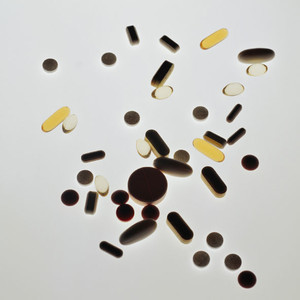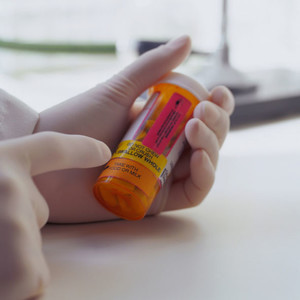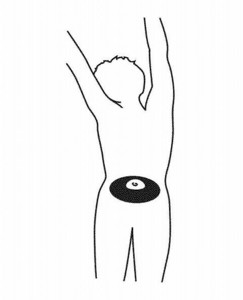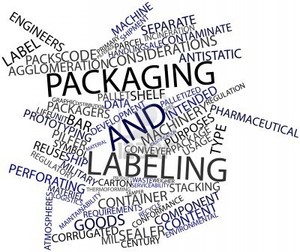Introduction
All residents in Abu Dhabi have access to health care via mandatory health insurance. Nationals, who comprise 20% of the population with two-thirds under 30 years of age and half under 19 years of age, have automatic access to comprehensive health care funded by the government. In 2008, all nationals received cards giving free access to health care and choice of provider in both the public and private sectors [1].
Expatriates, who comprise 80% of the population and must be employed to retain residency status, are largely male and predominantly aged between 20 and 40 years. Mandatory health insurance is part of employment within Abu Dhabi, with different insurance plans provided according to individual income. Low-wage earners, those earning under approximately Euros 758 a month, have access to a basic package of care subsidised by Health Authority Abu Dhabi (HAAD). This includes a restricted list of approved formulary drugs, along with typically a 20% co-payment [1].
Pricing of pharmaceuticals in the United Arab Emirates (UAE), including Abu Dhabi, is the responsibility of the Federal Ministry of Health. The pricing of new imported patented drugs is based on prices in the country of origin coupled with reimbursed prices in the UK and other international markets, as well as prices of similar products currently available in the UAE [2, 3].
The current situation
Generics manufactured in the UAE or Gulf countries are reimbursed at only 20% below originator prices, while imported generics are priced at 30% below originator prices [2, 3].
A 2006 survey showed the price of 25 medicines, 23 of which were from WHO core list of drugs, was higher in the UAE compared to the international reference price, particularly among originator brands. This can cause affordability problems among those on low wages and has led to several actions including compulsory price cuts for medicines for chronic diseases [2, 3], mirroring actions in Europe [4-7].
Overall, pharmaceuticals consume approximately 35% of the total healthcare expenditure in HAAD, which is appreciably higher than typically seen among Western European countries [4-9] as well as Saudi Arabia [10]. Like other countries, Abu Dhabi is seeking to reduce the drugs bill.
Initiatives have included formal procedures and guidance for new drugs to be incorporated into HAAD formulary, the development of a unified prescription form and subsequently the formalisation of a generic drug policy, as well as guidance to physicians on ways to reduce medication errors [11].
Problems identified
There are currently no regulations on whether community pharmacists should dispense a generic drug following international non-proprietary name prescribing with all options, including the originator, fully reimbursed. In addition, pharmacists can receive appreciable bonuses from generics and originator manufacturers to preferentially dispense their products. Alongside this, there is currently no requirement for the originator manufacturer to reduce its price for continued reimbursement once generics become available. In addition, patients are currently not required to pay the difference for a more expensive drug than the cheapest generic drug in addition to any basic co-payment for the prescription, which is different from the situation in European countries [4, 8, 12].
Conclusion
Pharmaceutical expenditure has risen rapidly in Abu Dhabi, resulting in policies surrounding generics. However, various circumstances are reducing potential savings, including pharmacists still being free to dispense either originator or branded generics and be fully reimbursed.
Related articles
Suggestions for increasing generics use in Abu Dhabi
Use of generics in Abu Dhabi
References
1. Abuelkhair M, Abdu S, Godman B, et al. Imperative to consider multiple initiatives to maximize prescribing efficiency from generic availability: case history from Abu Dhabi. Expert Rev Pharmacoecon Outcomes Res. 2012 Feb;12(1):115-24.
2. Younis N. United Arab Emirates – Medicine prices, availability, affordability and price components. WHO 2010. Document no. WHO-EM/EDB/101/E.
3. Qarain M, Tabba A, Goussous R. Assessment of the current pricing policy on the pharmaceutical sector, USAID Jordan economics development program. Jan 2009 [cited 2011 Jul 27]. Available from: http://pdf.usaid.gov/pdf_docs/ PNADT035.pdf
4. Godman B, Shrank W, Wettermark B, et al. Use of generics—a critical cost containment measure for all healthcare professionals in Europe? Pharmaceuticals. 2010;3:2470-94.
5. Coma A, Zara C, Godman B, et al. Policies to enhance the efficiency of prescribing in the Spanish catalan region: impact and future direction. Expert Rev Pharmacoecon Outcomes Res. 2009;9(6):569-81.
6. Godman B, Bucsics A, Burkhardt T, et al. Insight into recent reforms and initiatives in Austria; implications for key stakeholders. Expert Rev Pharmacoecon Outcomes Res. 2008;8(4):357-71.
7. Sermet C, Andrieu V, Godman B, et al. Ongoing pharmaceutical reforms in France; implications for key stakeholder groups. Appl Health Econ Health Policy. 2010;8(1):7-24.
8. Godman B, Shrank W, Andersen M, et al. Comparing policies to enhance prescribing efficiency in Europe through increasing generic utilization: changes seen and global implications. Expert Rev Pharmacoecon Outcomes Res. 2010;10(6):707-22.
9. Wettermark B, Godman B, Andersson K, et al. Recent national and regional drug reforms in Sweden: implications for pharmaceutical companies in Europe. Pharmacoeconomics. 2008;26(7):537-50.
10. Al-Jazairi AS, Bhareth S, Eqtefan IS, Al-Suwayeh SA. Brand and generic medications: are they interchangeable? Ann Saudi Med. 2008;28(1):33-41.
11. HAAD generics drug policy, issued May 2010 [cited 2011 July 20].
12. Godman B, Shrank W, Andersen M, et al. Policies to enhance prescribing efficiency in Europe: findings and future implications. Front. Pharmacol. 2011;1(141):1-16.
Permission granted to reproduce for personal and educational use only. All other reproduction, copy, retransmission or reprinting of all or part of any ‘Content’ found on this website is strictly prohibited without the prior consent of the publisher. Contact the publisher to obtain permission before redistributing.








 0
0











Post your comment